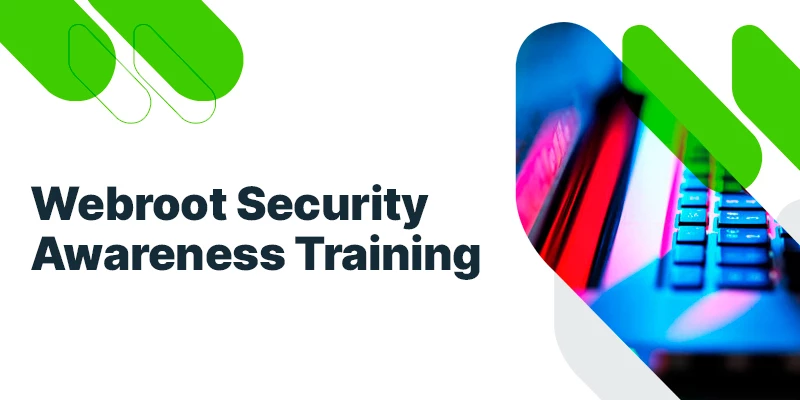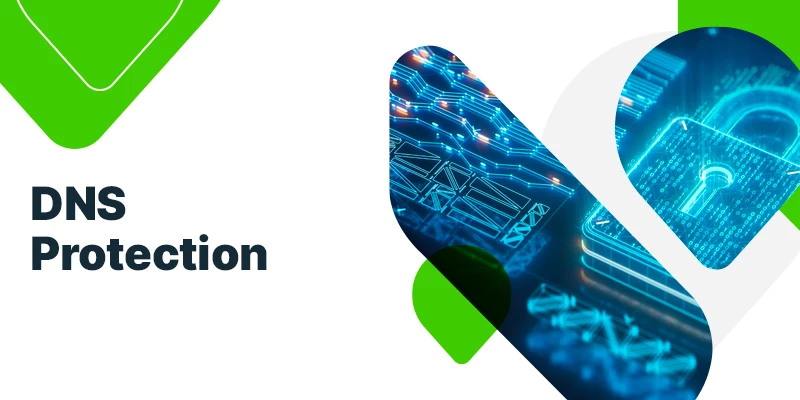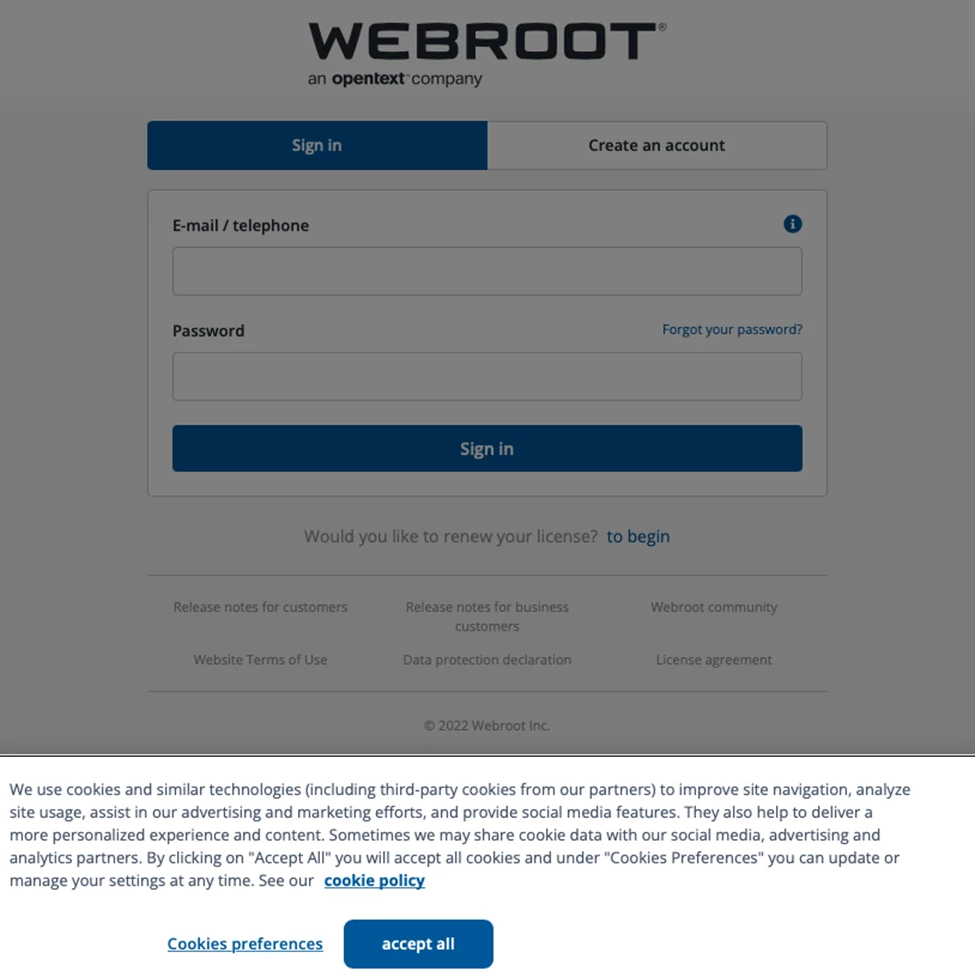New Year, new progress at Carbonite + Webroot. We kicked off this year with a major security awareness training release, an expansion of SafeSearch for our DNS protection and an update to the Webroot management console. Read on for full details…

Webroot® Security Awareness Training
Webroot Security Awareness Training starts 2022 with our biggest release to date, featuring new releases across all of training course publishers, in all languages, and a strong set of phishing simulation assets to support the upcoming international Data Privacy Week initiative from the National Cybersecurity Alliance.
What is being released?
- Data Privacy course from Webroot (preview)
- QR Phishing course from NINJIO (preview)
- Multifactor Authentication course from Awaretrain (German preview)
- 20 Updated courses from SAP Litmos
- Nine email phishing templates from recent Microsoft and Lifelock attacks
- Three lure pages from recent Microsoft and DocuSign attacks
- And one new Webroot-branded Training Invite template by customer request

Webroot® DNS Protection
What is being released?
The DNS Core is the server component of Webroot DNS protection and is responsible for fielding and filtering all DNS requests. This revision of the DNS Core includes functionality to support the expansion of SafeSearch to include Bing, DuckDuckGo and the YouTube Strict and Moderate options. In addition, code security has been improved while the Core has been redesigned to be more resilient to reduce the chance of DNS resolution failures.

Webroot Management Console
What is being released?
This version of the Webroot management console includes new features like USB Block activation, Local Echo IP for DNS, additional DNS filtering and DNS policy usage reporting on policy creation screens. We are also re-adding features from the legacy endpoint protection console, including access to all agent commands, endpoint install into group and deactivated endpoint management. Finally, the DNS policy creation screen received a significant update.
USB blocking improves security for endpoints that interact with external data sources and will now be available to admins through the console. Local Echo IP, additional filtering, and policy usage help admins create more powerful DNS policies. While we previously offered 11 of the most-used agent commands, with 6.3 we now support the remaining 20, giving admins 31 ways to control endpoints from the console. Installing endpoints into site groups, managing deactivated endpoints, and the DNS policy creation rewrite also greatly improve the console user experience.
An update to the Console will include a cookie acceptance banner, seen here.










